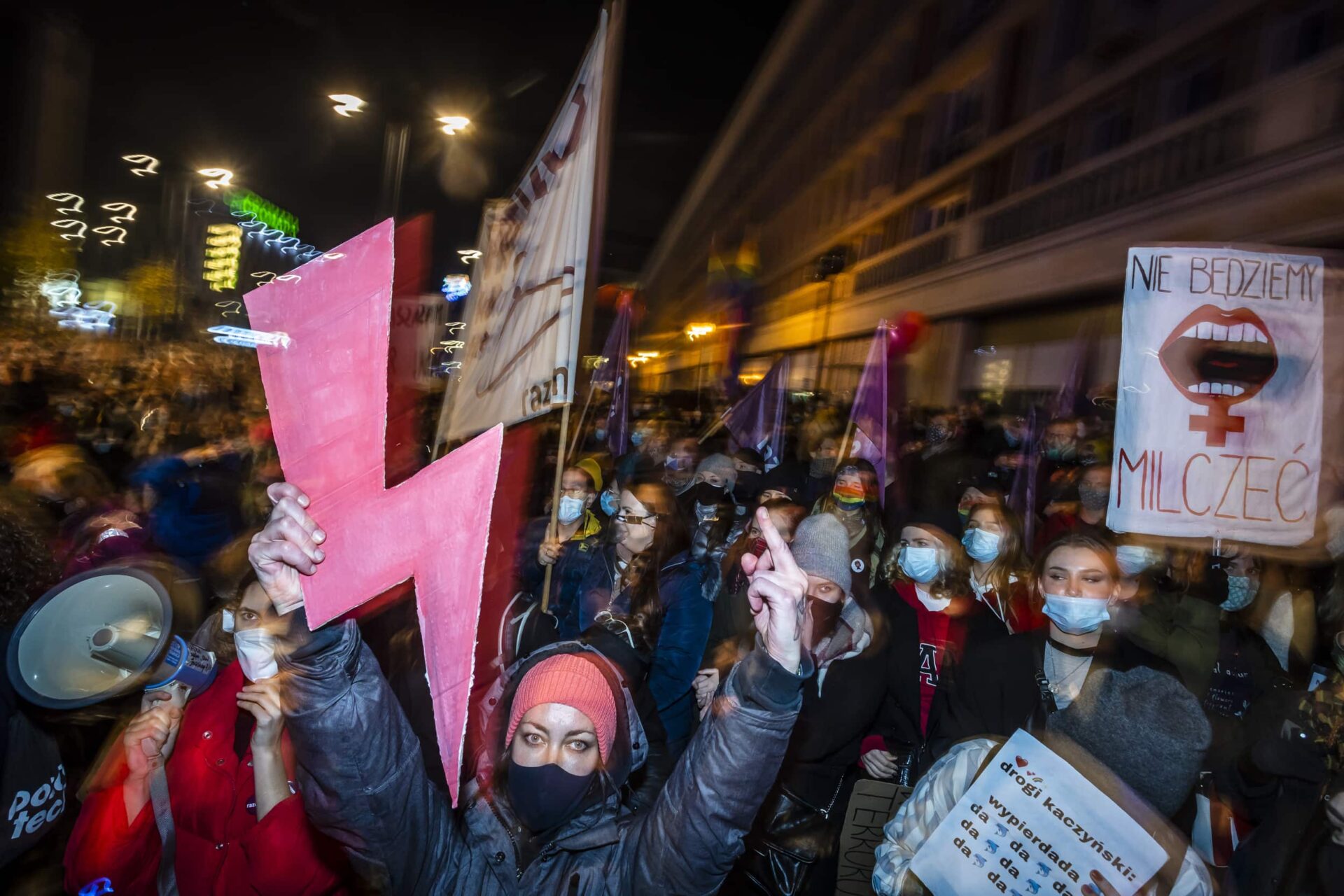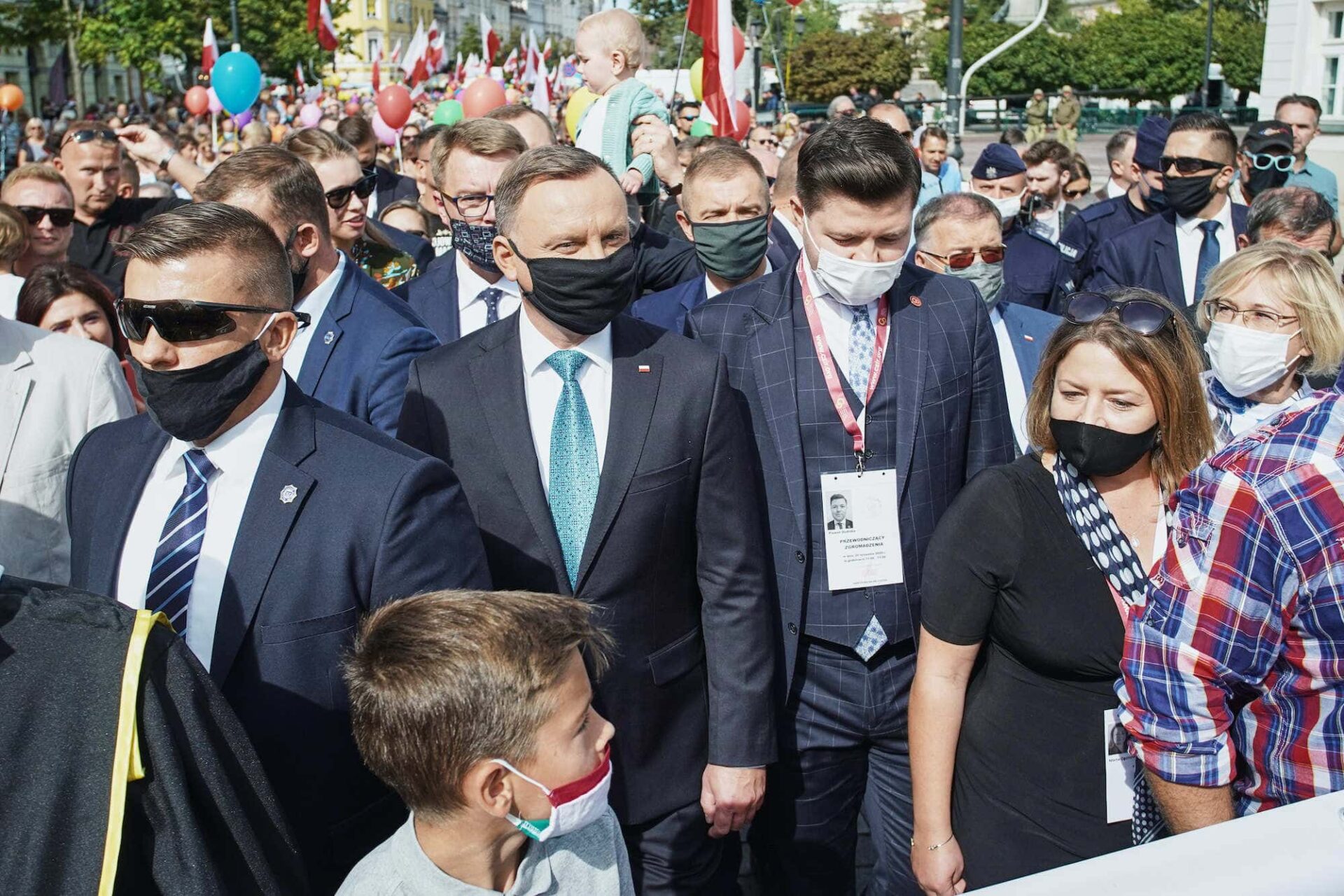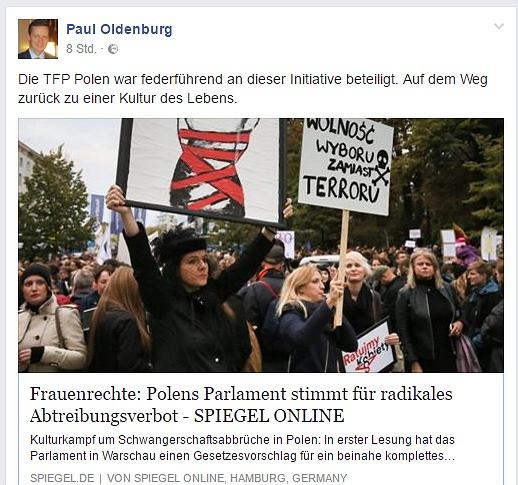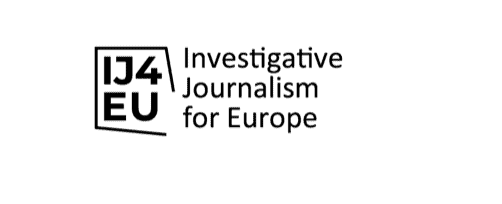We follow the meanderings of a long campaign to roll back women’s rights and overturn the Istanbul Convention on domestic violence. In Poland, its organisers are edging closer to attaining their goal.
An influential ultra-conservative organisation Ordo Iuris wants a new convention that would pave the way for women to be punished for terminating their pregnancies and prosecuted for abortions abroad; it would also like to adopt a definition of the family that rules out same-sex partnerships.
Polish politicians are lobbying to convince other CEE countries to adopt the new ultra-conservative convention, although Slovakia and Slovenia have since rejected the proposal.
We show how Ordo Iuris is building the network of influence in the region and how the organisation has positioned itself among global ultra-conservative forces.
1.
Today, Poland’s Ordo Iuris has become a speeding juggernaut – ultra-conservative lawyers are becoming increasingly effective in imposing their agenda on domestic and even regional politicians. In late October, Ordo Iuris celebrated a victory after Poland’s Constitutional Tribunal handed down a ruling that prevents women from terminating a pregnancy in case of foetal abnormalities. The ruling limited the possibility of obtaining a legal abortion to a bare minimum (although before the ruling was adopted, Poland already had one of Europe’s most strict anti-abortion laws). As a result, doctors have no choice but to send pregnant women whose foetuses suffer from severe abnormalities home.

Another day of protests after the judgment of the Constitutional Court almost entirely banning abortion in Poland almost entirely. Warsaw, November 18, 2020,. Source: Wojtek Radwanski / Archiwum Protestów Publicznych
Since the October ruling, Polish women have continued to take to the streets in protest, but Polish MPs are already working on another proposal filed by Ordo Iuris. It is aimed at rejecting the Istanbul Convention, which prevents domestic violence and violence against women. The document, which has been adopted by the Council of Europe and is already in effect in 34 European countries, has created a framework that helps combat violence and discrimination against women. It also helps prevent and prosecute domestic violence.
The proposal developed by Ordo Iuris terminates the convention and at the same time appoints a team at the office of the Polish prime minister. It will be tasked with developing a new, international “convention on the rights of the family”. The team, apart from representatives of the three ministries in which Ordo Iuris enjoys a strong influence, is planned to include five representatives of “non-governmental organisations and churches”. By implication – its members will be closely or less closely linked to Ordo Iuris.
The new convention, which is to be developed by the new team, is de facto ready – Ordo Iuris wrote it in 2018.
“Concerned with the attempts to undermine a natural notion of the family, marriage, sex and parenthood” as well as “Considering that the family, based on marriage, and marriage, understood as a union of one man and one woman, are unique and natural institutions”, Ordo Iuris lawyers have encouraged the parties to the convention not to “(…) recognise the legal effects of same-sex relationships, polygamous relationships and incestuous relationships entered into in any form whatsoever, either internally or abroad”.
Ordo Iuris lawyers have stressed that their new convention does not differentiate between families based on the formal side of their parents’ relationship, because “a couple and a child is as much a family as a single mother with a child.”
The proposal also includes provisions that prevent abortion: “The child is subject to special legal protection, both before as well as after birth. (…) All children are equal before the law. Any discrimination against children on the grounds of birth status is prohibited”.
When asked whether the convention could lead to a total ban of abortion that is a result of rape, Ordo Iuris has replied: “Human life is protected both before and after birth. All children are equal, their lives are equally important and protected in the same way, regardless of the circumstances in which they were conceived”.
Later in the proposal, the authors of the convention oblige the parties to prosecute crimes included in the convention – such as illegal abortion – on their territory or abroad, if it concerns their citizens (including the foetus).
The “family rights convention” includes all ideas Ordo Iuris has for families – not only in Poland but around the world. The organisation would like its radical conservative proposal to become international law – it has presented it on the forum of, among others, the UN and the OSCE. It is also effectively expanding its network of influence in Central Europe.
The proposal stipulates that the monitoring of ‘progress’ in the implementation of the convention in individual countries would be carried out by “a new International Family Rights Committee”. Its experts “shall be people of high moral standing and recognized skills in the field covered by this Convention (…) consideration being given to the need to include a certain number of people with legal experience”.
So who could such experts be?
2.
In June 2020, Ordo Iuris launches an international petition stopgenderconvention.org, aimed at halting the ratification of the Istanbul Convention by the European Union as a whole and organised a conference with foreign partners. The list of partners includes Slovakia Christiana that was founded and financed by Kraków’s Skarga Foundation (the founding fathers of Ordo Iuris) and Croatia’s Ordo Iuris, which is a branch of the Polish organisation.
“We are fortunate to have been hearing more and more from representatives of the Polish authorities that attempts will be made to withdraw from this document,” Karolina Pawłowska – director of the Ordo Iuris’s International Law Center – tells foreign partners during the conference.
Less than two months later, in late July 2020, Minister of Justice Zbigniew Ziobro files an application with the Ministry of Family to initiate the procedure for Poland to terminate the Istanbul Convention. Prime Minister Mateusz Morawiecki then refers it to the Constitutional Tribunal, stressing that “it violates Polish legal order, has an ideological basis and incorrectly defines the sources of violence”. This is a tactical trick – Morawiecki, conflicted with the minister of justice, wants to avoid further tensions in the ruling coalition and move the case to the Tribunal, controlled by the ruling party.
Nevertheless, the machine grinds on.
Ziobro’s deputy, Marcin Romanowski, stresses that Poland is “not alone” and lists countries in the region that have decided against ratifying the Istanbul Convention. They include Hungary, Slovakia, Bulgaria and the Czech Republic. At the same time, Poland’s deputy minister of foreign affairs Paweł Jabłoński – former analyst of Ordo Iuris – begins “diplomatic efforts to adopt an international agreement – a convention protecting the rights of families”.
To what effect? The Polish ministry of justice sends a letter to the governments of several countries in the region with a proposal for a new international convention aimed at defending the rights of the family, the content of which has been disclosed by the Balkan Investigative Reporting Network (BIRN). The Polish ministry of justice has officially argued that the proposals (put forward by Ordo Iuris and the ministry) are unrelated to one another.
“Under the proposal developed by Ordo Iuris, you need four countries to ratify the document before it becomes effective as international law,” notes Agata Bzdyń, a lawyer who specialises in international law, co-author of the Great Coalition for Equality and Choice report.
The findings of BIRN show that Slovenia unequivocally rejected the proposal by the Polish ministry of justice. We asked the other governments in the region about their answers to the letter sent by the Polish ministry. As it turns out, at the end of September, Slovakia also rejected the proposal. “Regarding the content of your proposed future convention, we believe that individual rights are sufficiently protected by Slovak law and existing international conventions, and therefore we do not see the need to prepare a new international instrument in this area,” the Slovak Ministry of Justice replied to the letter.
3.
Poland signed the Istanbul Convention in 2012 and the document entered into force three years later. “These provisions were written with some Asian or African societies in mind, and certainly not with ours”, wrote Joanna Banasiuk, a then-little known activist of Ordo Iuris Legal Center and the Opus Dei, who later made a name championing the project of a total criminalization of abortion in 2016. “In Poland, however, these provisions may give rise to efforts to promote extreme forms of feminist ideology“.
The fight against the Istanbul Convention has been the driving force behind Ordo Iuris since this ultra conservative think tank was founded a decade ago. Let us take a behind-the-stage look at how it was founded.
We need to go back to late 2011 and early 2012 to fully understand what is happening today in Poland and Central Europe – why the spotlight is on abortion and the Istanbul Convention. It was around that time, in 2011, when the “civic” proposal for a total abortion ban, supported by members of the Kraków-based Skarga Foundation, was rejected by the Polish parliament.
The Skarga Foundation (together with its sister organization – Skarga association) is the Polish branch of the TFP (Tradition, Family, Property) movement, an international network of organisations that promotes radical Catholic values and often embraces medieval traditions.
The Skarga Foundation – as we have reported – has, over the years, accumulated assets over 50 millions of euros through skilful use of massive postal campaigns that include sending medals and rosaries to potential individual donors. The organisation has also sent hundreds thousands of euros to entities that represent the TFP network in Europe and around the world. The Skarga Foundation has long cooperated with Polish nationalists or monarchists and some of the most conservative bishops. It also controls right-wing media: the magazine Polonia Christiana and pch24.pl website.

Polish president Andrzej Duda (C) takes part in the March for Life and Family. Warsaw, 20.09.2020. Source: Reporters Foundation.
The members of Skarga Foundation launch and coordinate many anti-abortion initiatives in Poland, including the March for Life and Family – TFP’s flagship global initiative. In 2012, they created the Centre for Life and Family, an organisation that has become a campaign base for abortion opponents. Its activists write petitions and hand out certificates to politicians who fight against “gender”.
A few months after the anti-abortion bill collapses in 2011, the Skarga Foundation tasks Aleksander Stępkowski, PhD, who around that time had just received his habilitation degree in law at the University of Warsaw, with building a legal think tank. Stępkowski, with financial support from the Skarga Foundation, creates Ordo Iuris. “Organizational and financial support for this initiative [Ordo Iuris] began when Professor Aleksander Stępkowski became a full-time employee of the Piotr Skarga Foundation,” explains Piotr Kucharski, spokesman for the Skarga Foundation when we ask him about the role of the Kraków-based organization in the founding of Ordo Iuris.
The Skarga Foundation filed registration for a golden lion as a logo that would represent Ordo Iuris. It resembles the one used for the TFP movement around the world. Sławomir Olejniczak, former president of the Skarga Foundation (and current of the Skarga Association), is still a member of the Ordo Iuris Council.
In 2012, the inaugural conference organised by the Ordo Iuris Legal Centre at the University of Warsaw is held under the patronage of, among others, His Highness Paul Duke of Oldenburg – who is an active member of the German TFP and the face of the Brussels office of the Pro Europa Christian Federation, the lobbying arm of the European TFP. FPEC is an umbrella for organisations such as the Skarga Foundation (for years, FPEC has been receiving thousands of euros in support from the Polish organization).
Von Oldenburg has been crusading against the Lisbon Treaty or the European Union’s Charter of Fundamental Rights since 2009, accusing them of “even greater facility to procure abortions, equality of rights for homosexuals, denial of the nation’s Christian heritage as a source of inspiration for legislation, removing religion from public discourse, etc”. Polish author Tomasz Piątek, while describing the profile of Oldenburg – his noble origin and family ties with Beatrix von Storch from ultra-right Alternative fur Deutschland – documents the print screen from his profile on Facebook. Oldenburg posts about the Ordo Iuris 2016 project of total ban on abortion: “Polish TFP played a leading role in this initiative”, he claims (the account has been deleted since).

Source: https://wyborcza.pl/7,75968,21638150,tfp-i-ksiazeta-hitlera.html
While the activists of the Polish TFP provide the emerging Ordo Iuris with start-up funding, resources and make them feel welcome in the media they control, TFP movement is not the only – and from today’s perspective, not the most influential – support base for Ordo Iuris.
[In part 4 of our report, we describe the links between the Polish organisation and the world’s largest radical conservative networks.]
4.
The creator of the Polish Ordo Iuris, a little-known lawyer Aleksander Stępkowski, makes a stunning career in Polish public institutions. He was the president of Ordo Iuris until 2018, with a short stint in the second PiS government, where between 2015 and 2016, he served as deputy minister of foreign affairs, responsible for, among other things, human rights. Today, he is the spokesman for the Supreme Court. He was anointed by Polish government as a candidate for the European Court of Human Rights, an international body that resolves conflicts between citizens and states, including on issues such as obstructing access to or preventing abortion. Yet, as for now, the Council of Europe recommended to reject all Polish candidates for ECHR judges due to alleged procedural flaws.
Stępkowski’s successor at Ordo Iuris, Jerzy Kwaśniewski, has stressed that the organisation is already independent of the Skarga Foundation. Its budget grows every year – it ballooned from under 14,300 EUR and one employee in 2013 to 1,5 million EUR in donations received in 2019. As Ordo Iuris representatives argue, it has been possible as a result of a growing number of individual donors.
In 2015, the organisation received over 126,718 EUR from individual donors, but also over 287 425 EUR in subsidies from unknown “legal persons” (which include companies or organisations). “We have several thousand donors, and the average donation does not exceed 20 EUR. Watchdog organisations should not expose their donors to the risk of pressure or negative campaigns. This is one of the guarantees of the independence of NGOs, important for the pluralism of public debate,” replies Ordo Iuris to our email (while at the same time, the organisation is running a petition calling Polish parliament to impose a new law on NGOS operating in Poland to reveal any foreign funds).
As we have reported, 2019 marks the last time the Skarga organizations have transferred money to the Ordo Iuris (11,000 EUR from Skarga Association) to renovate their office in the historic building of PASTA in Warsaw.
In the autumn of 2018, the Skarga Foundation started collecting signatures against the Istanbul Convention (zatrzymajgender.pl, which translates as stopgender.pl).
Between 2015 and 2020 the Skarga Foundation is also actively working to expand its network of influence in Central Europe. We have already revealed that members of the Skarga Foundation helped create and fund a network of European and global organisations – located in Poland, Croatia, Lithuania, Slovakia and Hungary among others.
Most of these organisations, initially supported and funded from Poland, are already able to support themselves using substantial funding from annual fundraising campaigns conducted according to the same model – donations from the sale of rosaries, medals and pictures of Our Lady of Fatima (we have extensively discussed the sales model adopted by the Skarga Foundation and its network in our previous reports).
Wherever the branches of the Skarga Foundation are set up and tasked with building influence in local ultra-conservative circles, sooner or later Ordo Iuris clones can be expected to crop up – similar scenarios have already played out in Croatia, Estonia and – to some extent – Slovakia. In other countries of the region, including Hungary and Lithuania, Ordo Iuris launches and strengthens allies with influential local ultra-conservative think tanks. Most of these organizations closely cooperate within global ultra-conservative forces that we describe in part 4 of our report.
[In part 2 of our report, we show how the Polish Ordo Iuris is building its regional network of influence.]
Cover photo: Ordo Iuris collected 150,000 signatures on the “convention on the rights of the family”. Pictured Jerzy Kwasniewski. Source: Andrzej Hulimka / Forum
This report is part of the cross-border investigation conducted by an international team of journalists:
Anna Gielewska, Julia Dauksza, Konrad Szczygieł (Fundacja Reporterów, Poland)
Šarūnas Černiauskas, Miglė Krancevičiūte (Siena.lt, Lithuania)
Tomáš Madleňák, Peter Kapitán (Investigative Center of Jan Kuciak, Slovakia)
Oliver Kund (Ekspress Meedia, Estonia)
Mašenjka Bačić (Croatia)
Márton Sarkadi Nagy (Átlátszó, Hungary)
Audrey Lebel (Les Journalopes, France)
The production of this investigation was supported by a grant from the Investigative Journalism for Europe (IJ4EU) fund.








